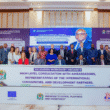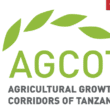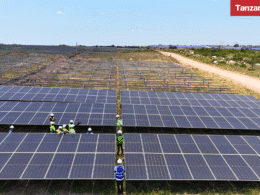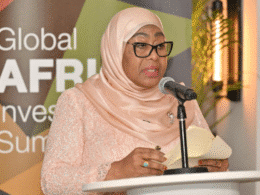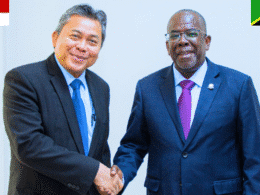The Tanzanian government has recently announced its plans to raise its power generation capacity in the short term by promoting the development of coal-fired power plants and reduce its coal imports.
The announcement was done by Tanzania’s Minister of Energy and Minerals (MEM), Prof. Sospeter Muhongo, whom explained that the government will closely work with Intra Energy Corporation (ASX:IEC), an Australia-based thermal coal developer, and the National Development Corporation (NDC) to boost coal production from Ngaka Thermal Coal project.
The Ngaka power station is a proposed 600-megawatt (MW) coal-fired power station currently being developed by TANCOAL Energy Limited, a joint venture between IEC and NDC.
The government will ensure that it boosts coal production to strengthen economic development and promote the usage of local coal among the different industrial groups, Minister Muhongo indicated.
TANCOAL has so far spent USD 23 million on exploring and initial development costs of the Mbalawala Coal Mine in Tanzania’s south western region from a total planned investment of USD 236 million to establish the first privately funded coal mine in the country and construct a 200 MW coal-fired power plant in Mbinga by 2019.
To reach this goal IEC plans to tap the 423 million tonnes of coal inferred resources from Mbalawala by producing 2 million tonnes of coal per annum and develop a 300 km HV-transmission line to connect the power plant to the national grid at Mufindi in the country’s Iringa region.
IEC is being supported on the development of this project by Sinohydro Corporation Limited from China since both signed a Memorandum of Understanding (MoU) to complete the feasibility study and financing proposals.
Tanzania currently generates less than 1% of its total capacity installed of 1,754 MW from coal-fired power plants that are fully supplied by imported coal according to the African Development Bank (AfDB).
In 2013 Tanzania imported USD 1.35 million of Coal Briquettes to supply its coal-fired power plants being Malawi its main source accounting for 86% of the total imported according to the Massachusetts Institute of Technology (MIT).


